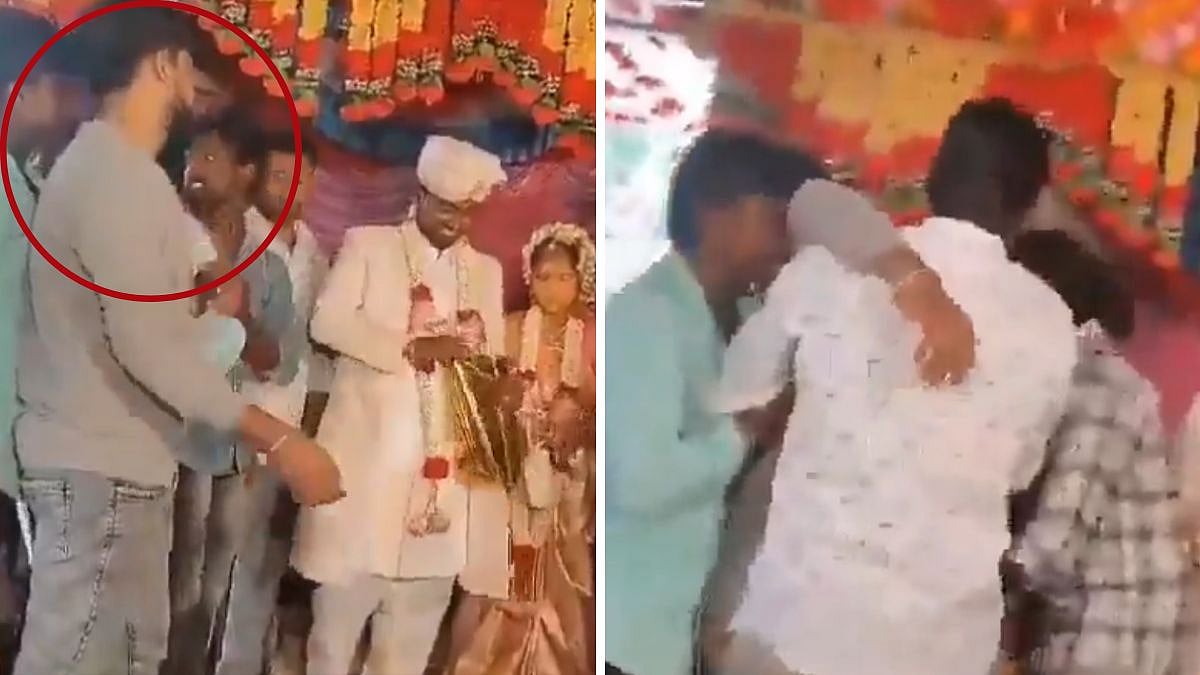DY Chandrachud, the Chief Justice of India, has sent a letter to the Union Law Ministry, recommending Justice Sanjiv Khanna as his replacement after him, who is the second-most senior judge of the Supreme Court.
Once given the government's approval, Justice Khanna is set to become the 51st Chief Justice of India, serving a six-month term until May 13, 2025.
As CJI Chandrachud is scheduled to retire on November 10, the government sent a letter to him last week following the tradition, asking him to appoint his replacement in the position.
Next CJI: Justice Sanjiv Khanna
Early Life and Career
Justice Sanjiv Khanna, born on May 14, 1960, is the nephew of former Supreme Court Judge, Justice Hans Raj Khanna. He completed his schooling at Modern School in New Delhi and graduated from St. Stephen's College, Delhi, in 1980. Khanna then studied law at the Campus Law Centre, University of Delhi.
Professional Journey
Khanna enrolled as an advocate with the Bar Council of Delhi in 1983 and began practicing in the district courts at Tis Hazari complex ¹ ². He gained experience in the High Court of Delhi and various tribunals, handling diverse cases, including constitutional law, direct taxation, arbitration, commercial law, and environmental law.
Key Roles and Appointments
Senior Standing Counsel for the Income Tax Department
Standing Counsel (Civil) for the National Capital Territory of Delhi in 2004
Additional Public Prosecutor and amicus curie in criminal cases at the Delhi High Court
Additional judge in 2005 and permanent judge in 2006
Chairman/Judge-in-charge at the Delhi Judicial Academy, Delhi International Arbitration Centre, and the District Court Mediation Centres
Supreme Court Judge since January 18, 2019
Executive Chairman at National Legal Services Authority
Member of the Governing Council at the National Judicial Academy, Bhopal

(L to R) Justice Sanjiv Khanna and CJI DY Chandrachud | X (@iamAKstalin)
Notable Judgments and Contributions
Khanna led a panel that protected Article 19(1)(a) and supported the revocation of Article 370. He also played a crucial role in clearing the Central Vista Project and rejecting the electoral bonds scheme.











